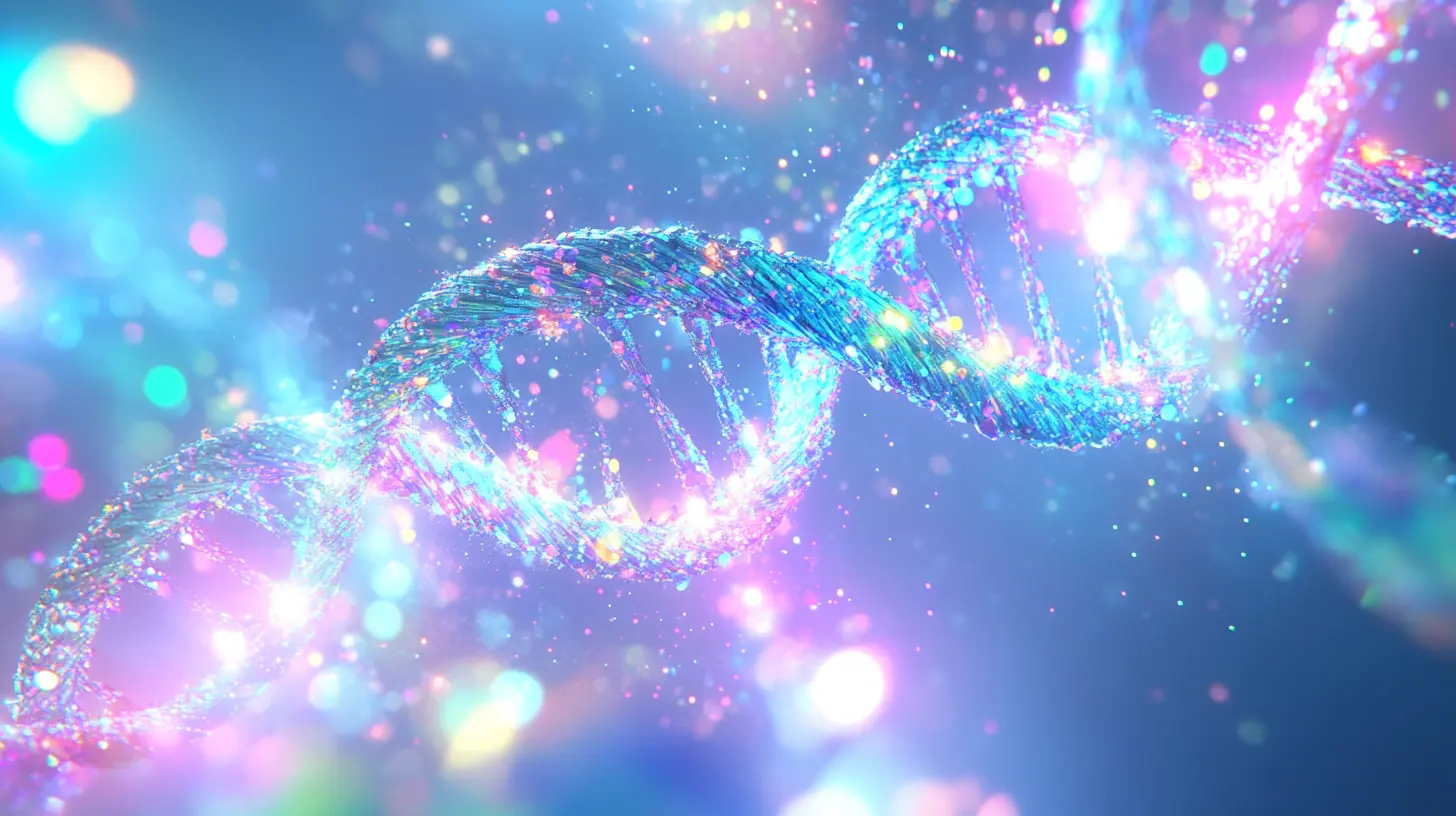
The Longevity Power Duo: NMN and Resveratrol Explained
In the world of anti-aging science, not many supplements have garnered as much attention as the synergistic effects of Nicotinamide Mononucleotide (NMN) and Resveratrol. These compounds have been the subject of extensive research, particularly by Dr. David Sinclair, a professor of genetics at Harvard Medical School, who advocates for their potential to significantly extend human healthspan. This blog delves deep into how NMN and Resveratrol may be the key to unlocking a longer, healthier life.
Understanding NMN and NAD+
NMN stands as a precursor to Nicotinamide Adenine Dinucleotide (NAD+), a vital molecule found in every cell of the body. NAD+ plays a crucial role in generating energy and regulating cellular repair processes. However, NAD+ levels decline with age, leading to metabolic and mitochondrial dysfunction, increased DNA damage, and accelerated aging. Supplementing with NMN can help restore NAD+ levels, essentially recharging cellular energy and promoting longevity. Studies have shown that increasing NAD+ can mimic the effects of calorie restriction and exercise, both known to extend lifespan by improving mitochondrial function.
Resveratrol: Activating Sirtuins for Cellular Health
Resveratrol, a compound found in the skin of grapes, berries, and nuts, is famous for its role in activating sirtuins, a family of proteins associated with longevity. Sirtuins, particularly SIRT1, are involved in critical cellular functions such as DNA repair, gene expression regulation, and inflammatory response moderation. Resveratrol enhances the activity of sirtuins, thereby improving the body’s ability to repair damage and fight the diseases of aging. The interaction between Resveratrol and NMN is particularly potent as Resveratrol’s activation of sirtuins can be further enhanced by the increased availability of NAD+ provided by NMN.
The Synergistic Effects of NMN and Resveratrol
Together, NMN and Resveratrol provide a two-pronged approach to combat aging. NMN boosts NAD+ levels, enhancing cell vitality and energy, while Resveratrol activates sirtuins, improving the cells’ ability to repair and maintain themselves. This combination not only helps slow the aging process but also mitigates the risk factors associated with age-related diseases such as Alzheimer’s, cardiovascular disease, and diabetes. Research, primarily in animal models, has consistently shown improved endurance, enhanced mitochondrial function, reduced inflammatory responses, and extended lifespan when these compounds are used together.
Scientific Evidence Supporting Longevity Claims
Dr. David Sinclair’s lab at Harvard has been pivotal in advancing our understanding of these compounds. In one of his studies, older mice treated with NMN demonstrated significant reversal of age-related arterial dysfunction, thanks to improved NAD+ levels. The study suggested that NMN could restore blood vessel health, enhancing muscle blood flow and increasing endurance in aging animals. Another study highlighted that when combined with a sirtuin-activating compound like Resveratrol, the healthspan in mice was extended, showing better motor function and greater bone density (Sinclair, 2019).
Incorporating NMN and Resveratrol into a Daily Regimen
Dr. Sinclair discusses the practical aspects of incorporating these supplements into daily life. He recommends a dose of about 1 gram each of NMN and Resveratrol taken daily, ideally with a fatty meal to enhance Resveratrol absorption. However, as with any supplement, it is crucial to consult with a healthcare provider to tailor the dosage to personal health needs and conditions.
Conclusion
The combination of NMN and Resveratrol holds great promise in the field of longevity science. By effectively boosting NAD+ levels and enhancing sirtuin activity, these compounds work together to support cellular health and delay the aging process. As research continues to evolve, the potential for these supplements to contribute to a longer, healthier lifespan becomes increasingly apparent.
References
Sinclair, D. (2019). Lifespan: Why We Age—and Why We Don’t Have To. Atria Books.
Harvard Medical School. (2021). David Sinclair’s Lab Research on NAD+ and Sirtuins.